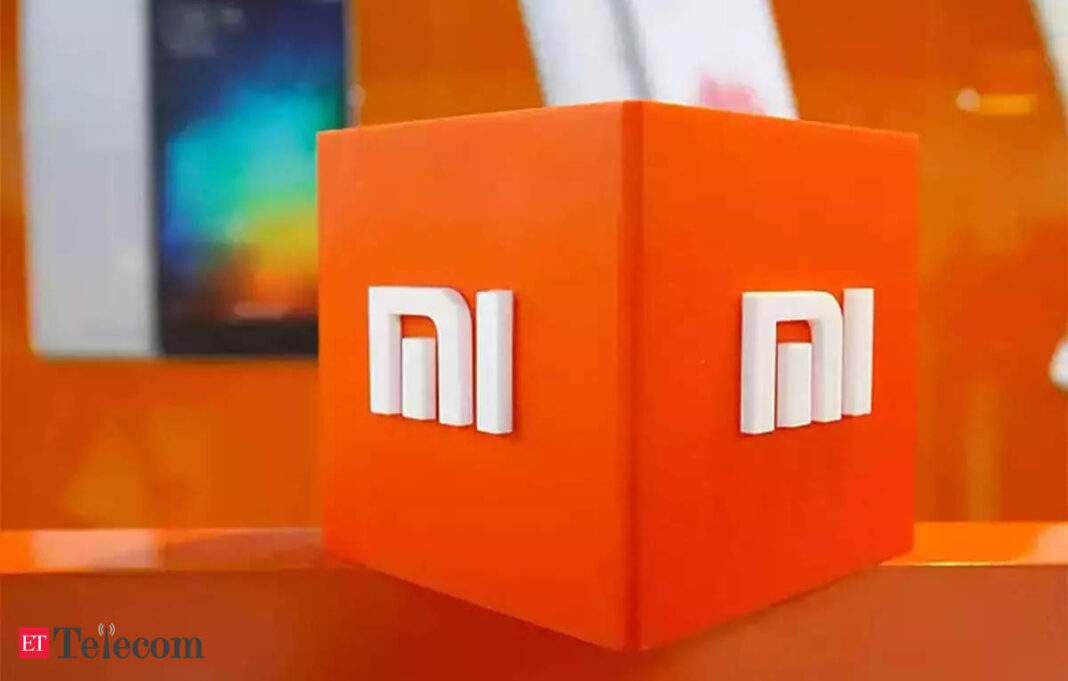In Short:
Samsung, Xiaomi, and other smartphone brands allegedly colluded with Amazon and Flipkart to launch exclusive products, violating India’s antitrust laws, as reported by the Competition Commission of India (CCI). Investigations revealed favoritism towards select sellers, harming competition. The findings may lead to fines and changes in business practices. This situation raises fresh challenges for these companies in India’s fast-growing online retail market.
Recent reports indicate that Samsung, Xiaomi, and other prominent smartphone manufacturers have engaged in collusion with Amazon and Walmart’s Flipkart to launch products exclusively on their Indian e-commerce platforms, potentially violating antitrust regulations. The findings stem from investigations conducted by the Competition Commission of India (CCI), which revealed that both Amazon and Flipkart may have breached local competition laws by favoring certain sellers, prioritizing specific listings, and implementing substantial discounts that adversely affect other businesses.
The comprehensive 1,027-page report on Amazon, released by the CCI, identifies the Indian operations of five companies—Samsung, Xiaomi, Motorola, Realme, and OnePlus—as having participated in exclusive phone launches alongside Amazon and its affiliates, which constitutes a violation of competition law. Similarly, a detailed 1,696-page report on Flipkart claims that the Indian branches of Samsung, Xiaomi, Motorola, Vivo, Lenovo, and Realme engaged in analogous practices.
The inclusion of major smartphone players such as Samsung and Xiaomi in these allegations could lead to significant legal challenges for them. As stated by G.V. Siva Prasad, the additional director general of CCI, “Exclusivity in business is anathema. Not only is it against free and fair competition but also against the interest of consumers.”
It is noteworthy that these findings, dated August 9, have not yet been made public. Xiaomi has refrained from commenting, while the responses from other implicated smartphone manufacturers have been unreceived. Neither Amazon, Flipkart, nor the CCI has provided any statements regarding the reports thus far.
The CCI’s investigations revealed that during their inquiries, both Amazon and Flipkart downplayed the extent of exclusive launches, despite evidence suggesting these practices were widespread. According to data from Counterpoint Research, Samsung and Xiaomi hold a combined market share of approximately 36% in India, with Vivo capturing an additional 19%.
Impact on India’s E-Retail Market
Analysts from Bain & Company estimate that India’s e-retail market is projected to surpass $160 billion by 2028, a significant rise from $57-60 billion in 2023. The findings from the CCI pose a considerable setback for both Amazon and Flipkart in a crucial growth market that has faced increasing scrutiny from small retailers concerned about the effects of e-commerce on traditional businesses.
Additionally, the investigations revealed allegations that both companies utilized their foreign investments to offer preferential rates for services, such as warehousing and marketing, to select sellers.
Ongoing Investigations and Future Developments
Some of the implicated smartphone manufacturers have been ordered to submit their financial records for the three fiscal years leading up to 2024, duly certified by their auditors, as per an internal document from the CCI dated August 28. The inquiries into Amazon, Flipkart, and their associated sellers were initiated in 2020 following a complaint lodged by an affiliate of the Confederation of All India Traders, the country’s largest retail association, which boasts a membership of 80 million.
In the coming weeks, the CCI is poised to review any objections to its findings from Amazon, Flipkart, the retailer association, and the implicated smartphone manufacturers. They may impose penalties while mandating operational changes in business practices. Indian retailers have long criticized Amazon and Flipkart for exclusive online phone launches, claiming it hampers their ability to provide customers with access to the latest models promptly.
According to both CCI reports, the exclusive launches have had a detrimental impact not only on sellers on the e-commerce platforms but also on traditional brick-and-mortar retailers, who were often delayed in receiving the newest mobile phones. Research by Datum Intelligence indicates that approximately 50% of phone sales in India were conducted online last year, a significant increase from 14.5% in 2013, with Flipkart accounting for 55% of online phone sales in 2023, and Amazon holding 35%.





